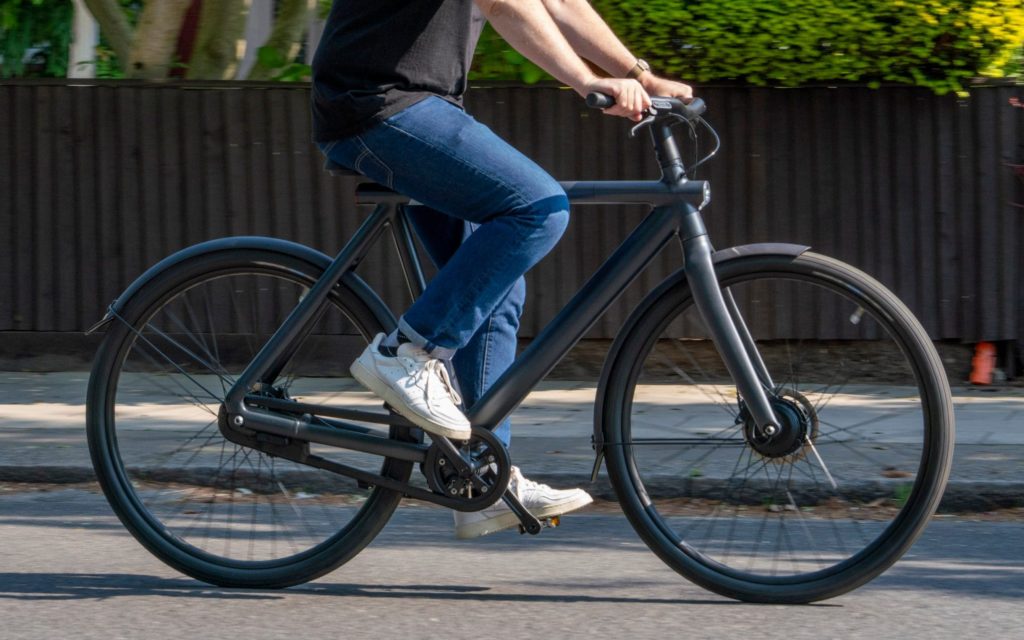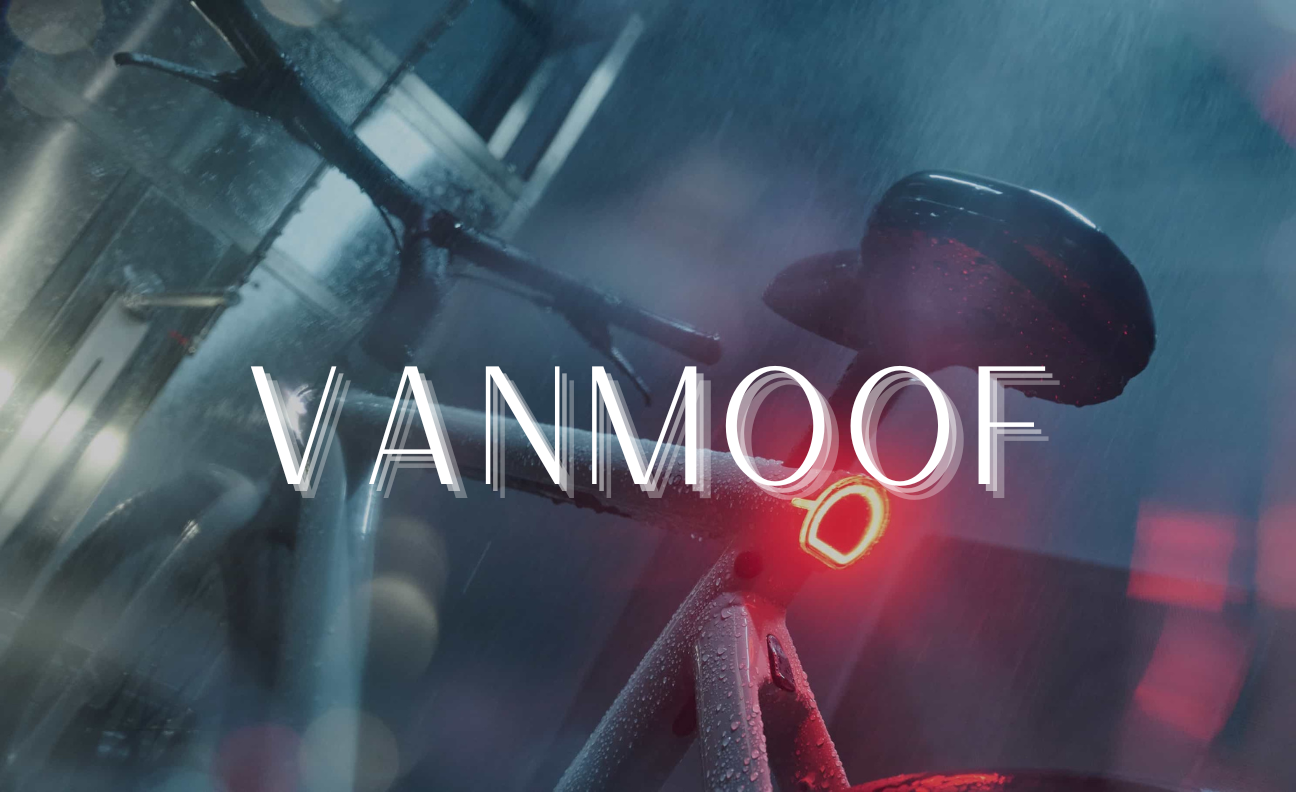Dutch electric bike manufacturer VanMoof, renowned as the “Tesla of e-bikes,” has been declared bankrupt by a court after facing severe financial difficulties, the company has revealed.
Back in September 2021, VanMoof successfully raised $128 million to expand its operations, capitalising on the booming e-bike sector‘s surge during the Covid pandemic, which drove people towards alternative means of transportation.
Furthermore, the company’s reputation for creating sleek and sophisticated e-bikes earned it a prominent and strong following
"Though once considered cumbersome, geeky investment pieces, e-bikes have won over city dwellers the world over, gradually becoming part of the fabric of urban life" – read up on how we made e-bikes a part of our cultural fabric in cities across the world. https://t.co/bCN2r4iFx2
— VanMoof (@VanMoof) March 1, 2023
Struggles in the E-Bike Market
While the initial funding appeared to set VanMoof on an upward trajectory, it wasn’t long before the company encountered significant challenges.
Various Dutch media often reported a series of technical issues, with VanMoof bikes frequently breaking down, which subsequently left many customers dissatisfied and questioning the reliability of the e-bikes.
What’s more, this being coupled with long repair times, the negative publicity further strained the company’s reputation and dramatically began to have an impact on sales.
Financial Woes and Legal Proceedings
Despite its popularity among eco-conscious urban commuters, VanMoof faced mounting financial losses. According to the financial daily Het Financieele Dagblad (FD), the Amsterdam-based firm reported an astonishing loss of nearly 80 million euros ($90 million) in both 2021 and the preceding year.
To safeguard its operations, VanMoof sought protection from creditors, and an Amsterdam court initially granted the company a stay of payment.
However, the optimism was short-lived, as the court later withdrew the suspension of payment proceedings, leading to the declaration of bankruptcy for VanMoof’s Dutch legal entities.
Consequently, the company appointed two administrators as trustees to explore the possibility of a re-launch through an asset sale to a third party, in a bid to continue VanMoof’s operations and salvage what remained of the iconic brand.
The Impact on Customers and Employees
With the bankruptcy announcement, VanMoof faced a painful reality. The company confirmed on its website that it would no longer be selling any new bikes or accessories, and existing customers who had ordered parts would not receive their deliveries.
This decision left many loyal VanMoof enthusiasts disappointed and uncertain about the future of their prized e-bikes.
Furthermore, in a heartfelt email addressed to their staff, the company’s founders, Taco and Ties Carlier, expressed deep remorse for the situation. They were reminiscent about the journey they embarked upon 14 years ago, driven by a visionary dream of changing the world through sustainable transportation solutions.
Additionally, the founders extended their gratitude to their dedicated team of 700 employees, acknowledging their collective efforts in striving towards this ambitious goal.
Dutch Police Appeal
Amidst the chaos, Dutch police found themselves caught in the crossfire between frustrated VanMoof customers and the bankrupt company.
They urged aggrieved bike owners, who had entrusted their e-bikes for repairs, not to file theft charges, as the bicycles had not been returned.
Upon doing this, they found further need to clarify that the bankruptcy proceedings were in fact civil matters that they could not get involved in, though the police empathised with the victims, understanding the distress they faced.
A Challenging Road Ahead
As the dust settles on VanMoof’s rapid rise and fall, the company’s fate now remains uncertain. VanMoof’s bikes, known for their stylish design and innovative features, had won over urban dwellers around the world.
However, the bankruptcy underscored the volatility of the e-bike market and the challenges inherent in sustaining a company through periods of financial instability.
Despite the setback, there may be a glimmer of hope for VanMoof’s future. The appointed trustees, charged with investigating the potential for a relaunch through asset sales, are exploring options to keep the company’s legacy alive.
Should the possibility of a strategic acquisition or partnership present itself, it would allow for VanMoof’s innovative e-bikes to continue transforming urban mobility.

Conclusion
VanMoof’s journey from being hailed as the “Tesla of e-bikes” to its recent bankruptcy serves as a cautionary tale of the challenges and perils businesses can encounter, even amid initial success.
The company’s ambition to revolutionise urban transportation through innovative e-bike solutions captured the imaginations of customers and investors alike. However, the subsequent financial troubles, coupled with bad publicity and customer dissatisfaction, dealt a significant blow to the once-thriving enterprise.
As the future remains uncertain, the fate of VanMoof serves as a reminder of the unpredictability inherent in the business world and the importance of resilience and adaptability to navigate the tumultuous currents of the market.
Furthermore, it also underscores the significance of delivering on promises made to customers, especially in an increasingly competitive and discerning marketplace. Though, it’s still possible for VanMoof’s legacy to be etched in the memories of those who embraced the brand’s vision, and its impact on the e-bike industry.
Regardless of the outcome, the e-bike community still awaits the company’s next chapter, hoping to witness the reemergence of VanMoof as a testament to the indomitable spirit of innovation and determination in the face of adversity.









